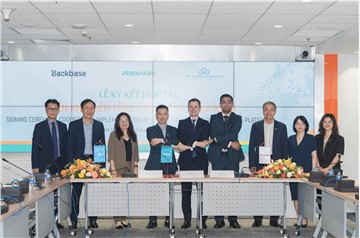As part of the program, the southern city will offer a credit package worth around 1.7 trillion dong (72 million dollars) at preferential interest rates, nearly 420 billion dong (17.8 million dollars) in non-refundable support, and 16 billion dong (678,000 dollars) in sustainable poverty-reduction programs at all levels.
The city aimed to reach its target of having no poor households by the end of 2023, the Vietnam News reported.
Measures to help the poor include loans, vocational training, job introduction and scholarships, as well as support for education, housing, healthcare, and legal aid for the poor and near-poor, according to Le Van Thinh, permanent deputy head of the city's Sustainable Poverty Reduction Program's Steering Committee.
Localities should combine the poverty-reduction program with their annual socio-economic development programs, the official said.
The solutions and policies supporting socio-economic development are implemented in the direction of gradually reducing financial assistance and increasing support for production and businesses to help poor and near-poor households to lift themselves out of poverty, he said.
Under the city's current poverty standards, a poor household has an average income of below 36 million dong (1,520 dollars) per year per person, and a near-poor household 36 million to 46 million dong (1,520-1,950 dollars).




















Latest comments